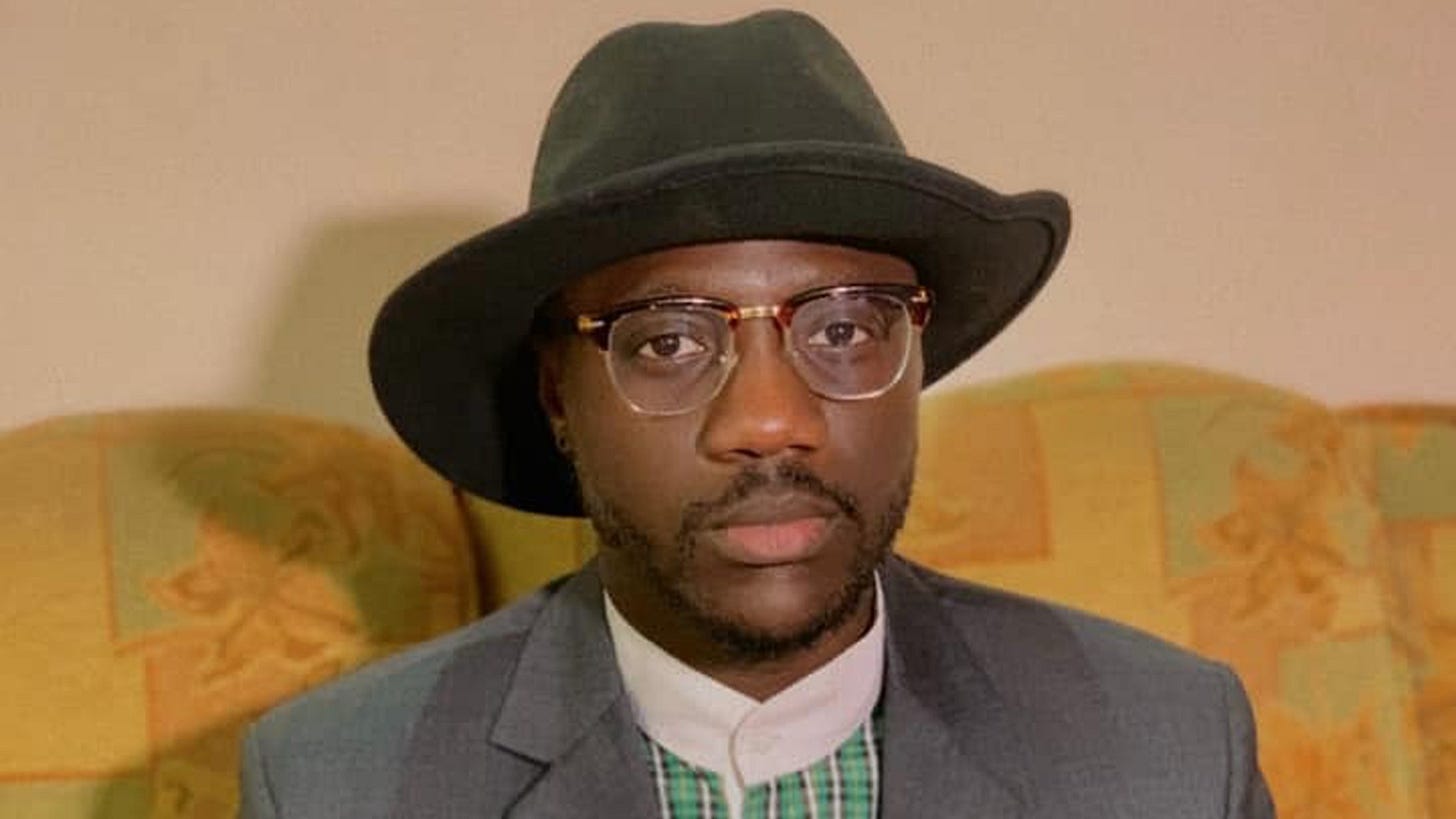They didn’t put him in chains. They didn’t need to.
Momodou Taal — British-Gambian PhD student at Cornell — had a mind built like a fortress: precise, principled, unbreakable. He studied power. Opposed empire. Quoted Fanon. Protested genocide. For that, America decided he was a threat.
It wasn’t a soldier or a sniper who drove him out. It was an immigration officer with a pen. A revocation notice slipped across a desk. A quiet, bloodless demand: Surrender.
Taal didn’t run. He walked out. Before they could lay a finger on him. Before they could parade him in cuffs like a trophy. Before the machine could feed on him fully. He packed a suitcase, lifted his chin, and left the country that once pretended to stand for liberty — carrying nothing but the bitter taste of betrayal in his mouth.
He was right to leave. Because what’s happening now isn’t a mistake. It’s policy. It’s the system working exactly as designed: suffocating dissent, scrubbing out the inconvenient, papering over the blood with bureaucratic jargon.
They used to assassinate dissidents at midnight. Now they just cancel their visas at noon and call it “procedure.” No bullets. No screams. Just a dead-eyed bureaucrat muttering, “Oops. Your paperwork’s invalid now.” And if you don’t leave quietly? The cage waits.
In his final statement, Taal wrote:
“Given what we have seen across the United States, I have lost faith that a favourable ruling from the courts would guarantee my personal safety and ability to express my beliefs. I have lost faith I could walk the streets without being abducted.”
Read that again. Slowly.
A Cornell PhD student — a man who came here to study the architecture of power — left America under threat of abduction, from the very people who claim to protect liberty.
Cornell watched it happen.
The State Department watched it happen.
ICE sharpened the knives.
The White House — empty and rotten — looked the other way.
And the machine kept turning.
Some cheered. Some wept. Most just scrolled past, hoping the algorithm would serve them something easier to digest.
Because deep down, everyone knows: if they can erase a scholar, they can erase you too.
Momodou Taal is gone now.
Not because he was wrong. But because he was right.
He dared to stand against genocide.
He dared to say what most Americans are too cowardly to whisper.
He dared to believe that this country might be better than its blood-soaked myths.
And for that, America did what empire always does: it broke its own promises and spat on the broken pieces.
If you ache reading this — good. You’re still alive.
If you don’t — you’ve already been processed.
Closer to the Edge exists to tell the stories they want erased — the scholars, the dreamers, the resistors they silence with paper and threats instead of bullets. We are independent. We are relentless. We are unbought.
If you believe truth should still hurt the guilty, subscribe today. Help us keep the light on for the next voice they try to extinguish.
This post has been syndicated from Closer to the Edge, where it was published under this address.

